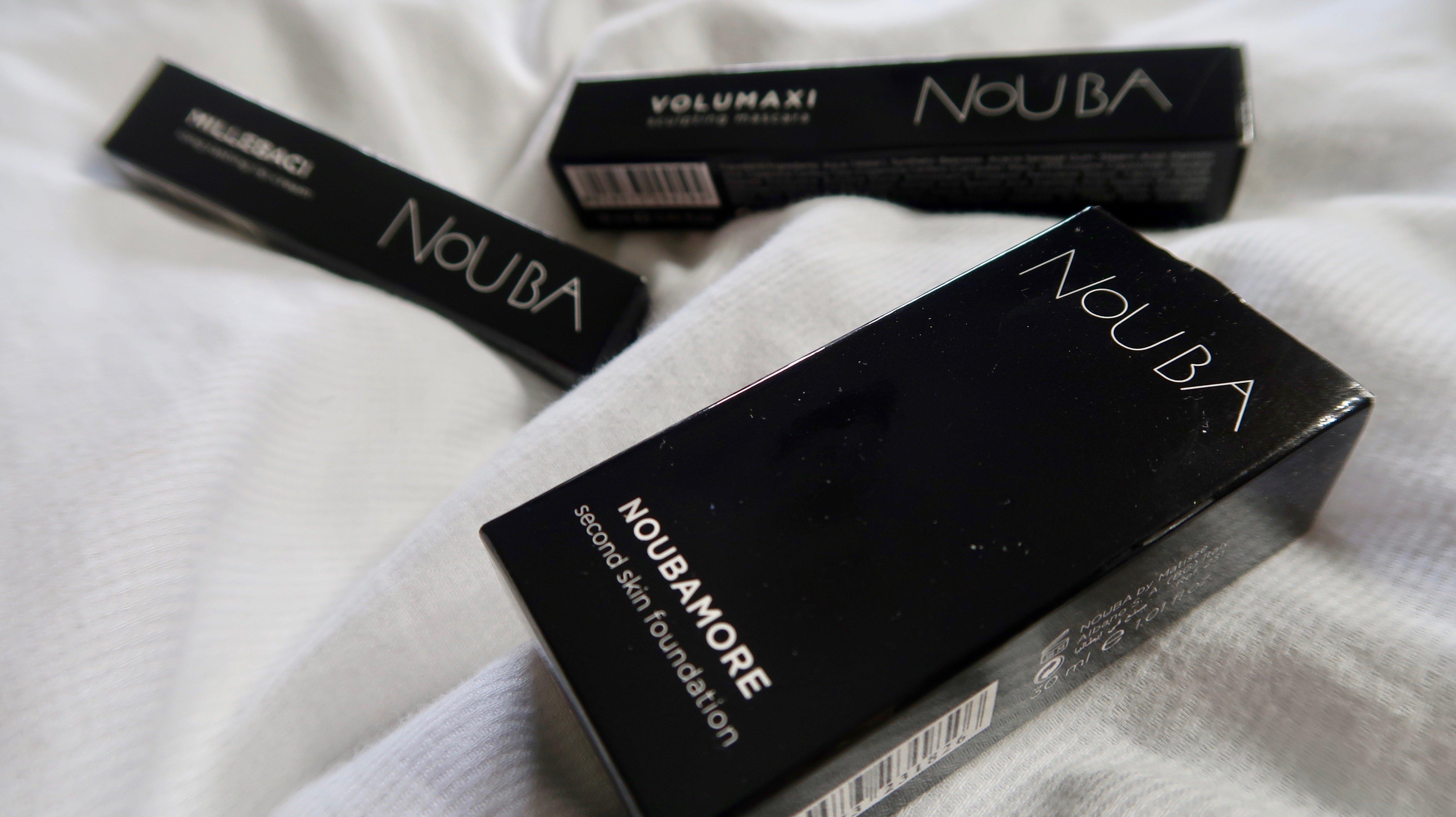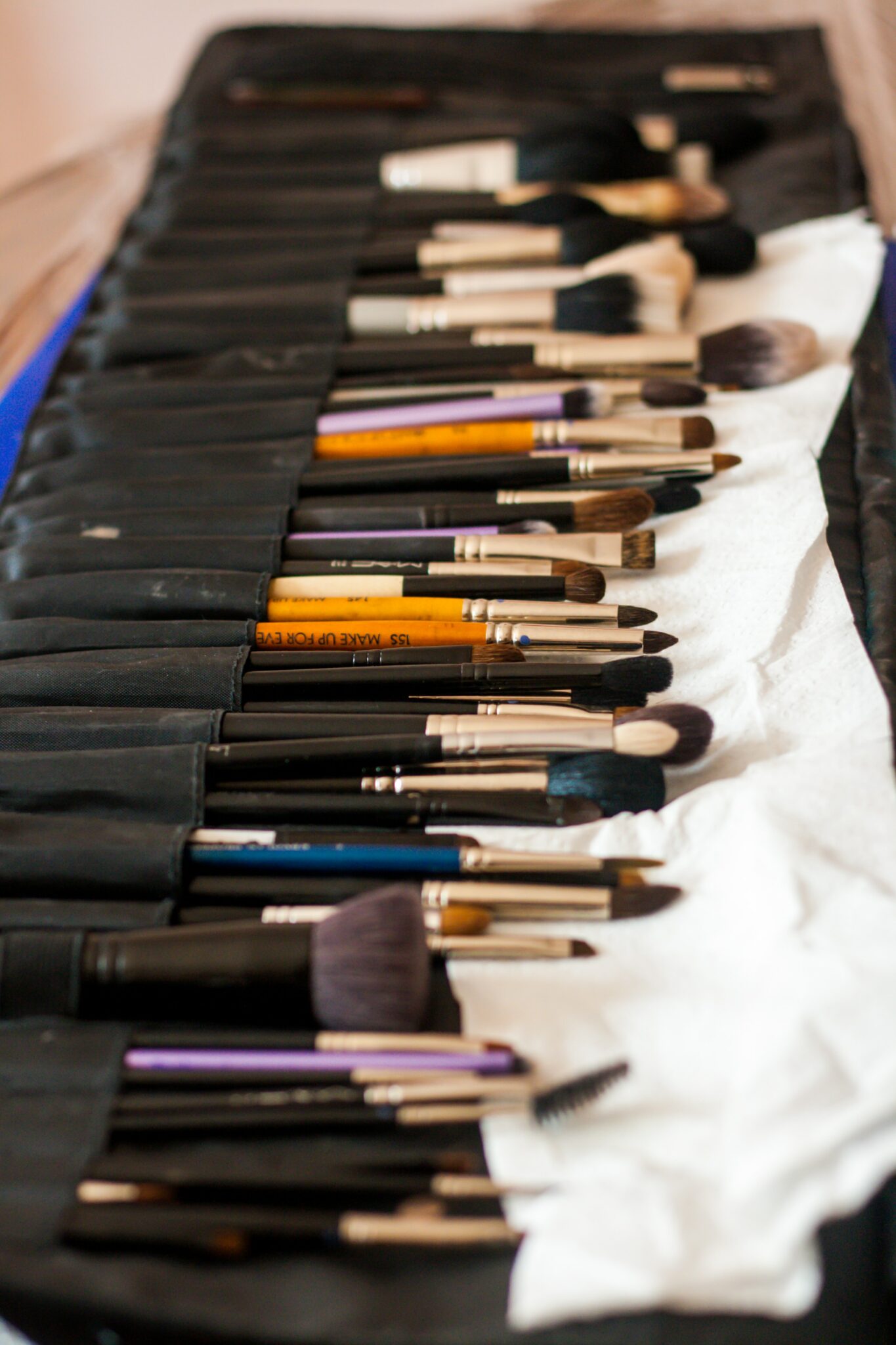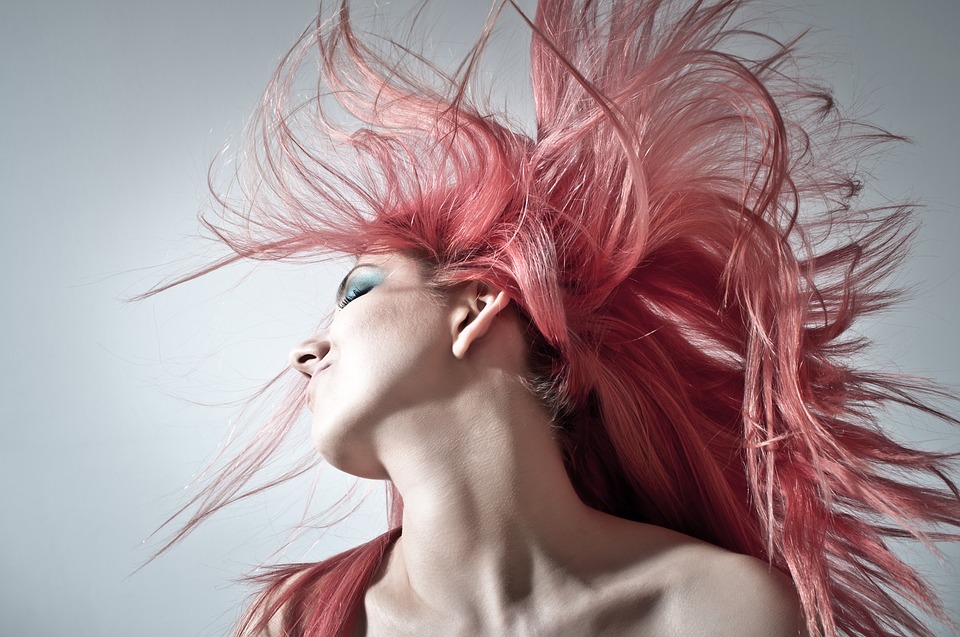Your makeup has been through a lengthy and rigorous process before it reaches your local store. Design, production, testing, and packaging are just a few of the steps in making the finished product behind a cosmetics counter. So what is in your makeup?
What Kind Of Ingredients Does Your Foundation Contain?
Foundation Basics
Let’s start with your base. Foundation comes in various forms. The three most common types are liquid, pressed powder and loose powder. Each caters to a different final effect. Matte, dewy, full coverage or natural coverage. The goal of the foundation is to achieve an even, balanced and healthy looking skin tone. There are three main ingredients used to tick these boxes:
Moisturisers
These are usually a type of water, oil, or wax. Nobody wants their foundation to dry out their skin. It’s important to keep your skin hydrated at all times.

Colourants
Yellow, red and black pigments are most often employed to recreate the natural skin tone. Different amounts of each colour will be mixed to create the desired shade. These usually contain iron oxides and titanium dioxide.
Fillers
Talc is the most commonly used filler. It allows the foundation to spread smoothly and evenly across your skin.
Alternative ingredients will be added to the basic formula to cater to the needs of different customers. Foundations that aim to improve dry skin will often contain oils (avocado, sesame or jojoba oils, for example). Foundations that claim to reduce shine will often be composed of kaolin clay or absorbent powders. These might be silica, cornstarch or alumina. A cosmetics factory that intends to create a product which will reduce spots or blackheads will often use salicylic acid or benzoyl peroxide.
Application
Different application methods will favour different foundation types. However, all types will apply more smoothly to carefully prepped skin. Follow these tips before you get started. After all, nobody wants blotchy or streaked foundation.
- Cleanse. Wash your face with warm water and a cleanser. A muslin cloth can be used if you want to be extra kind to your skin. Dry thoroughly with a soft towel.
- Moisturise your face. Try to use a moisturiser with sun protection factor to protect your face from the sun’s rays. It is important to protect yourself from UV.
- Use a primer. Primers seal your pores. They conceal fine lines and provide a perfect canvas to sweep your foundation over. Use a thin layer over your whole face for best results.
- Fingers are likely to transfer dirt to your skin, while tools only make contact with your foundation and your face, so are much cleaner.
Don’t forget to keep your makeup and tools clean. An unclean brush can provide a site for bacteria build up and you don’t want that touching your face. Stay safe by regularly checking that everything in your makeup bag is fresh and clean.

In conclusion, finding the perfect foundation for your skin type and using the right application technique is crucial for achieving a flawless makeup look.
However, it’s important to remember that maintaining a healthy lifestyle is also essential for healthy and glowing skin. Drinking plenty of water and consuming a well-balanced diet will not only improve the appearance of your skin, but also prevent future blemishes and other flaws.
Taking care of your skin is not just about the products you use on the outside, but it also requires taking care of your body from the inside out. Your skin is the largest organ in your body, and it needs proper nutrition and hydration to maintain its health and radiance.
Eating a balanced diet rich in vitamins and minerals, drinking plenty of water, and getting enough sleep are all essential for healthy skin. Additionally, avoiding smoking and limiting alcohol consumption can also improve your skin’s appearance and overall health.
Remember that your skin reflects your overall health, so taking care of your body will have a positive impact on your skin’s health and appearance. Incorporating healthy habits into your daily routine can go a long way in helping you achieve the best possible results for your skin.

